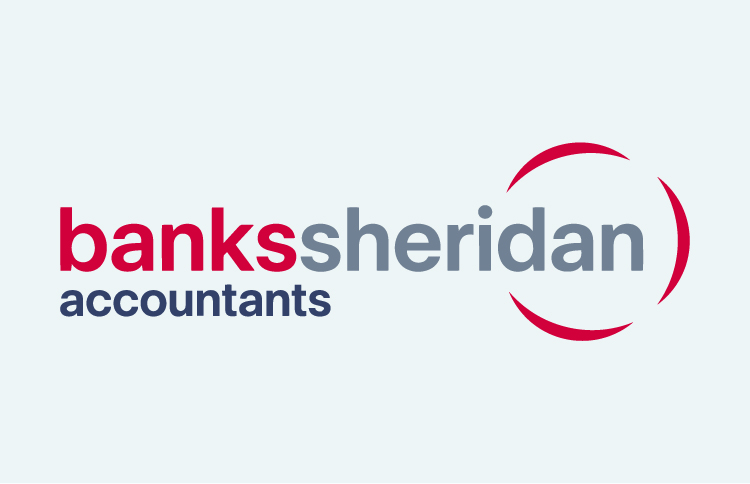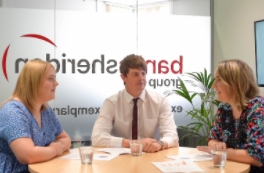
In the past, many businesses have applied to HMRC for dispensations. Dispensations have allowed expenses and benefits to be provided to employees without being included on a P11D or subject to PAYE and NIC. A dispensation was only given where HMRC were satisfied that the employee would have been entitled to full tax relief on that payment or benefit.
A change
From 6 April 2016 businesses will no longer be able to apply for a dispensation and all existing dispensations will come to an end. Instead, a new exemption will be introduced which effectively means that businesses will not have to pay tax and NIC on paid or reimbursed expenses payments or put them on a P11D. The exemption is subject to the condition that the business satisfies itself that the employee would be entitled to full tax relief on that payment or benefit.
The main types of expenses to which the exemption applies are:
- travel and subsistence expenses
- fees and subscriptions
- business entertainment expenses.
All other non-allowable expenses will still be reportable on a P11D and/or subject to PAYE (and possibly NIC). Employees will still be able to claim tax relief in respect of unreimbursed business expenses.
The new exemption does not apply to expenses or benefits provided under a relevant salary sacrifice arrangement. This includes any arrangement where an employee gives up the right to receive earnings in return for tax free expenses payments or where the level of their earnings depends on the amount of any expenses payment.
Consequences of the change
In the past, HMRC were prepared to include some payments in dispensations which were reasonable but perhaps not strictly in accordance with the law. However, this will not be the case going forward.
In addition, tax rules are not simple. For example, HMRC’s guidance on the rules on tax relief for travel and subsistence costs is 70 pages long. If HMRC conducts a compliance visit which determines that some payments are not exempt, the business may be subject to P11D penalties or be responsible for the payment of arrears of tax, NIC, interest and penalties.
Scale rates
As part of these changes, a second option is introduced, which allows amounts based on scale rates to be paid or reimbursed, instead of the employee’s actual costs. The rates that can be used are either HMRC approved figures or figures specifically agreed with HMRC in writing.
We have attached an appendix of the HMRC approved figures. These only cover meals purchased by an employee in the course of business travel. If the business wants to pay bespoke rates for other types of expense, it can apply to HMRC. HMRC have issued a specific form:
www.gov.uk/government/publications/paye-employer-expenses-and-benefits-exemption
Authorised mileage allowance payments (AMAPs) are scale amounts that employers can pay to employees using their own vehicle for business travel. For cars and vans, the scale rate is 45p per mile for up to 10,000 miles in the tax year and 25p per mile above this. AMAPs are a separate statutory regime and therefore do not come within the new exemption regime.
Important points to note about scale rates
Employers must operate a system for checking that the employee is incurring and paying amounts in respect of expenses of the same kind and that tax relief would be allowed. HMRC have issued guidance on what checking systems they will expect employers to operate and these are also attached as an appendix.
What to do now
The new system means that you may have to change what you have been paying or reimbursing your staff and/or apply to HMRC for new rates. The changes are not simple, so we suggest you review your dispensation as soon as possible and contact us if you are unsure as to how the new rules will affect you.
If you would like to discuss any of these changes or would like help with applying to HMRC for new scale rates, please do not hesitate to contact us.
Appendix 1 Approved scale rates
Meals purchased by the employee in the course of qualifying travel can be reimbursed as a round sum as follows:
- one meal allowance per day paid in respect of one instance of qualifying travel, the amount of which does not exceed:
a £5 where the duration of the qualifying travel in that day is 5 hours or more;
b £10 where the duration of the qualifying travel in that day is 10 hours or more; or
c £25 where the duration of the qualifying travel in that day is 15 hours or more and is on-going at 8pm.
or:
- an additional meal allowance not exceeding £10 per day paid where a meal allowance in sub-paragraph (a) or (b) is paid and the qualifying travel in respect of which that allowance is paid is on-going at 8pm.
‘Qualifying travel’ means travel for which tax relief is available.
More guidance is at https://www.gov.uk/hmrc-internal-manuals/employment-income-manual/eim30240
Appendix 2 HMRC guidance of checking systems
The following are extracts from HMRC guidance.
Where an employer applies a checking system that fits one of the following models HMRC will accept that the requirements of the exemption are met.
Checking systems may vary depending on the size of the employer’s workforce and the proportion of that workforce who travel regularly in the performance of their duties. Employers will need to be able to demonstrate that the system that they use checks a representative sample of their employees’ travel claims sufficiently frequently to allow them certainty that their processes are working, that they only pay claims on qualifying occasions, and that the amount that they pay reasonably reflects the costs that employees are actually incurring.
These models are not prescriptive and employers may choose to put a different system in place. Alternative systems which demonstrate that payments are only made to employees which would be eligible for a deduction, and that employees are actually incurring an expense will still meet the requirements of the exemption.
Model C – Small employer
Small employer with less than 100 employees who regularly travel in the duties of their employment. Employer pays benchmark rates
Employer checks a random 10% of all claims. Checks to be independently checked and authorised, and vouched by reference to employee diaries, work schedules and time sheets to confirm that employees were travelling in the performance of their duties on the date of the claim, and receipts to demonstrate that employees had in fact incurred costs whilst travelling. Employees should be aware that they might be subject to review at any time, and not be given notice that any particular claim will be subject to review.
The employer will have to be able to satisfy HMRC that their 10% sample really is a random one – for example, every 10th claim received. HMRC will accept the evidence produced by such an exercise as being random for the purposes of confirming that employees meet the qualifying conditions for payment of the scale rate.
Employees required to retain receipts for a period of twelve months from the date of expenditure.
Model D – One man company
Single employee of a one man company working at a series of temporary workplaces. Claiming benchmark scale rates.
Employee maintains diary and time sheet to confirm occasions when travelling in the performance of duties and retains receipts for one week every month in respect of subsistence costs. An independent third party performs regular monthly checks to confirm that the relevant conditions for the exemption were met on each occasion. Checks are performed at random and the employee does not know in advance which journeys will be checked.’
 Access your client portal
Access your client portal 01270 530970
01270 530970


